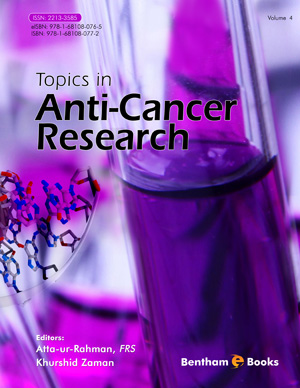Abstract
Resveratrol is a polyphenol with many beneficial effects: not only as an antioxidant, anti-inflammatory, and antiatherogenic agent, as well as a platelet aggregation inhibitor, but also as an antiproliferative and proapoptotic factor in various types of cancers. There are reviews about the mechanisms responsible for its effects in leukemia and lymphomas, emphasizing the chemosensitizing role of resveratrol, which allows overcoming the multidrug resistance of cancers. The action of resveratrol occurs preferentially on leukemic cells, and not on the normal ones. In addition, it is one of the few drugs that act on leukemic stem cells. If experimental results are promising, its application in humans encounters some difficulties. The paper presents the causes of its low bioavailability, as well as recent patents that allow improvement of its bioavailability, development of new extraction procedures, obtaining new formulae, and associating resveratrol with other drugs in order to increase its effects. These patents allow optimizing its effects in order to obtain an adjuvant agent for treatment of oncohematological disorders.
Keywords: Antioxidant, apoptosis, cell cycle, cytochrome P450, glutation, hormetic dose response, leukemia, lipoperoxidation, lymphoma, minimal residual disease, mitochondrial superoxide, multidrug resistance, multiple myeloma, nuclear factor kB, proliferation, reactive oxygen species, resveratrol, sirtuin, stem cell, tyrosine kinase.






















